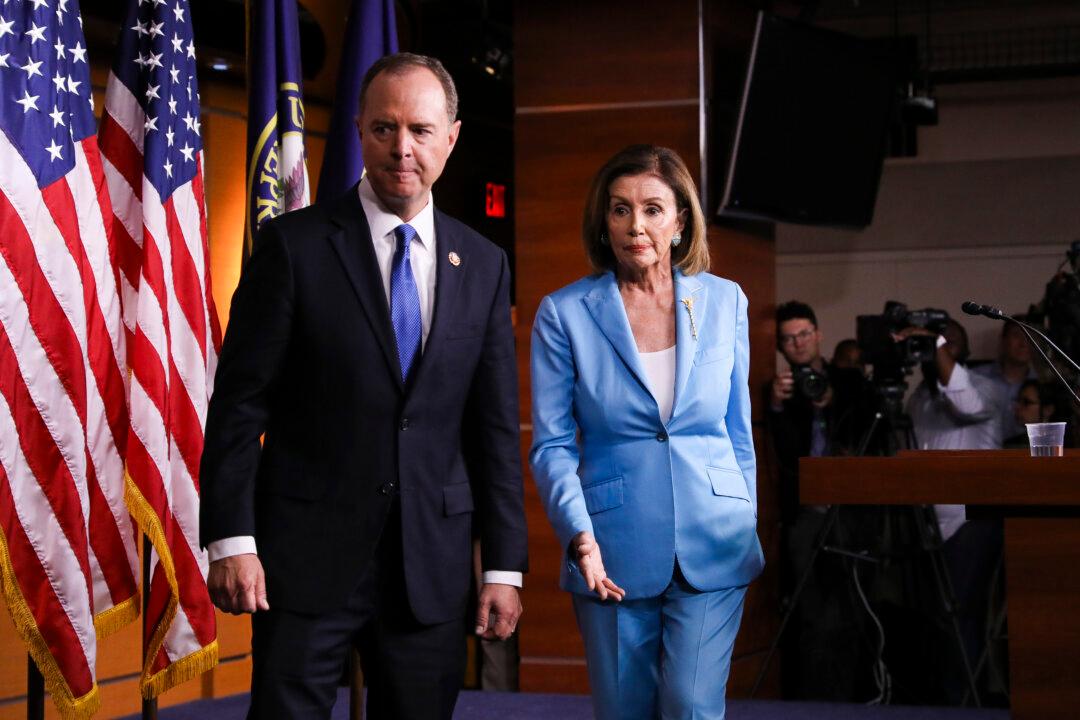Commentary
Conscientious citizens know that the impeachment of a president—any president—is a sad occasion. It isn’t a time for the unseemly enthusiasm now displayed by many in politics and the media.

Conscientious citizens know that the impeachment of a president—any president—is a sad occasion. It isn’t a time for the unseemly enthusiasm now displayed by many in politics and the media.